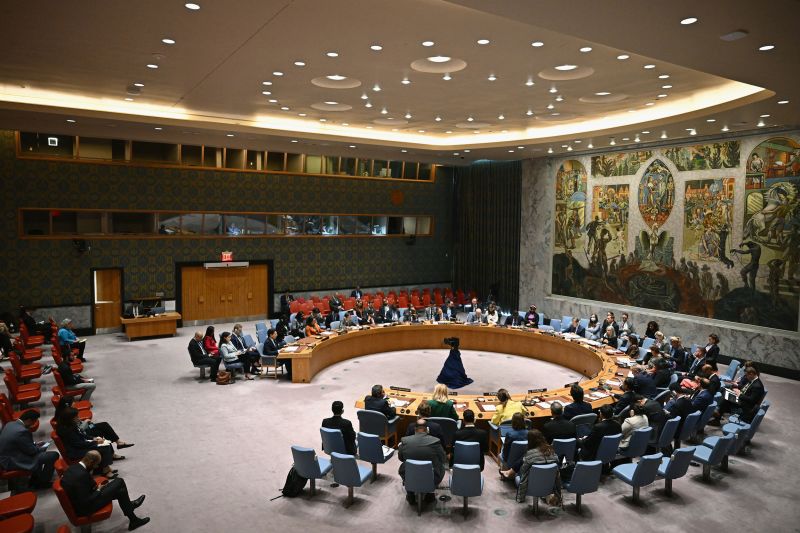
UN’s Fate Hangs in the Balance: High-Stakes Debate in New York!
The ongoing debate surrounding the effectiveness and future of the United Nations (UN) has garnered much attention from world leaders, analysts, and the general public alike. With the upcoming discussions scheduled to take place in New York next week, the question on everyone’s mind is whether the UN is past the point of no return.
One of the central issues being deliberated is the role of the UN in today’s rapidly changing global landscape. Critics argue that the organization has struggled to adapt to new challenges and threats, such as climate change, cybersecurity, and global pandemics. They argue that the UN’s cumbersome bureaucracy and outdated structures hinder its ability to respond effectively to these pressing issues.
In contrast, proponents of the UN highlight its achievements in promoting peace, human rights, and international cooperation over the past decades. They argue that the organization remains essential in addressing complex global problems that no single country can tackle alone. They emphasize the need for continued support and reform to strengthen the UN’s capacity to fulfill its mandate.
Another key point of contention is the issue of accountability within the UN system. Critics point to instances of corruption, mismanagement, and lack of transparency that have plagued the organization in the past. They argue that without systematic reforms to enhance accountability mechanisms, the UN risks losing credibility and legitimacy in the eyes of the international community.
On the other hand, supporters of the UN acknowledge the need for greater transparency and accountability but stress that these challenges are not unique to the organization. They argue that the UN has made progress in recent years to address issues of corruption and inefficiency and that continued efforts are needed to build public trust and confidence in the organization.
The debate over the future of the UN extends beyond its internal workings to its broader impact on the world stage. Some question whether the UN’s role as a mediator and peacemaker is still relevant in an era marked by rising nationalism and geopolitical tensions. Others argue that the UN’s convening power and diplomatic channels are more crucial than ever in preventing conflicts and promoting dialogue among nations.
As world leaders gather in New York next week to discuss the future of the UN, it is clear that the organization faces both significant challenges and opportunities. The outcomes of these discussions will shape the direction of the UN in the coming years and impact its ability to address the pressing issues facing the global community. Whether the UN is truly past the point of no return remains to be seen, but one thing is certain: the world needs a strong and effective multilateral institution now more than ever.
